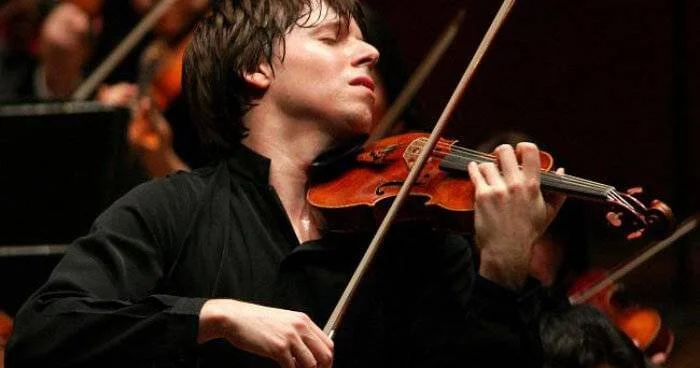Are You Trying Too Hard?
Do you ever feel like the way to get better results is to try harder? Here’s a story that might give you reason to rethink that approach.
I’m training for a mountain bike race right now, putting in the time on the bike, using an app (Strava) to track my times. Last week, I went for a few rides. The first day was a warm-up ride, and I didn’t go too hard. I clocked reasonable times, including a surprising personal best on one segment of the trail I rode. Hmm, interesting.
The next day, I decided to step it up and push it harder. I was going to bust those personal bests! Focused on keeping speed right around the circuit, I arrived at the end exhausted. The result? Well, I did get a personal best on the second segment, but only by one second. I was also a little faster on the final segment. But for the first segment, I was six seconds slower than the day before. What’s going on there?
The following day, I decided not to try so hard. As I was riding the first segment, I was saying to myself “ok, don’t try so hard, relax, take it easy” the whole way. At the start of the second segment, and for the rest of the way, I forgot to think about relaxing, and just rode. No thinking, just riding.
What do you think my results were? Well, for the first segment, I was 26 seconds slower! The other segments? 18 seconds and 4 seconds faster respectively, both personal bests. And, I enjoyed those last two segments much more than the first one!
PB = Personal best time.
A similar thing happened to me a few years ago. I was in a long-distance windsurfing race, sailing at high speed on the open ocean for about 30 kms. On one particular leg I’d had a friend right on my tail for the 10 minutes or so, and I’d been fighting hard to make sure he didn’t pass me. I was tense and focused, and my breathing was tight and short. Eventually I felt my energy flagging, and I said to myself “stuff it, this isn’t fun, I don’t care if he passes me”. I exhaled and relaxed. And right at that moment, I accelerated away. After the race, my friend said to me that it was like I’d flicked a turbo switch.
The success formula? Reduce striving to increase performance and enjoyment. That’s got to be be good, any way you look at it.
Another way of describing what I experienced is the state of ‘flow’ – that sense of being totally immersed in an activity where time disappears and you effortlessly perform well. I’m guessing you can identify those times when you’ve experienced that. It’s a concept that’s been around for millennia, and recently been upgraded for our contemporary world largely thanks to the work of Mihaly Csikszentmihalyi, who gives a great TED talk on the topic.
Csikszentmihályi suggests a number of conditions to achieve flow, including:
Set goals that have clear and immediate feedback
Become immersed in the particular activity
Pay attention to what is happening in the moment
Enjoy the immediate experience
Match your skills to the challenge at hand
All of those conditions were met in my riding situation, resulting in better times and more fun.
I think underpinning all of these conditions is something else: the ability to unhook your mind from the need to perform well. There are multiple ways of ways to unhook:
Do Meditation: Tim Ferriss says that over 80% of the high performers he interviews have some sort of meditative practice. If you’re looking for an easy way to try meditation, start with something like Headspace. The trick is to keep it simple. 10 minutes a day, first thing, does it for me.
Practice High Intention, Low Attachment: This simply means decide what your intention is for a particular activity, and then let go of any need to control how that happens. For example, if I’m meeting with a prospective client, I might decide I want to leave that meeting clearly understanding their needs, that they understand what I can offer, and we both have a clear agreement on next steps.
That doesn’t mean I don’t plan, or that I’m passive in the meeting. It’s just than my mental state is more unhooked from the need to force it to happen. I’m more present and responsive to what’s going on in the moment, all the while mindful of what I’d like to have happen.
Play The Inner Game: Tim Gallwey’s approach to learning underpins many of today’s executive coaching practices. He was onto it back in the 70’s. Check out this great retro video for more on his approach, which is all about paying attention to what’s happening now, rather than overthinking it:
Back to the bike training. I want to get fitter and faster. But If I try to beat my best times each time I go out, I’ll probably fail. If I adopt the practices above, I reckon I’ll see incremental improvement over the weeks to come. Stay tuned…
What if you let go of trying harder to perform well? And instead focused on creating the conditions for you to unhook? Have a think about where you could be less attached to outcomes, and try on some of the ideas presented here.


